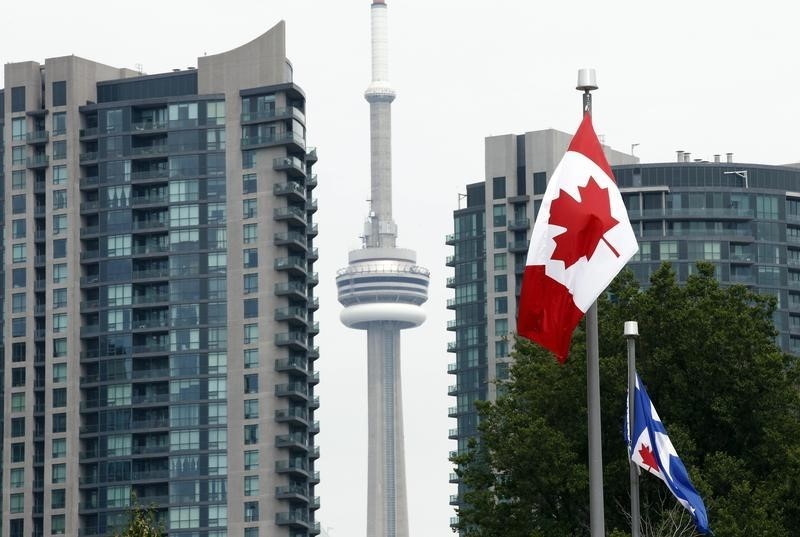By Ketki Saxena
Canada's official inflation rate declined for the third month in a row in September, but less than had been expected by economists.
Statistics Canada reported Wednesday that the consumer price index declined to 6.9% in September, down from 7% in August. Economists had been expecting an ever bigger drop off to about 6.7%.
The rate peaked at a 40-year high of 8.1% in June.
Food purchased at stores increased at a pace of 11.4%, the fastest pace of increase in grocery bills since August 1981.
Gasoline prices, fell for the third month in a row, falling over 7% in the month. Gasoline prices remain 13% higher than they were a year ago.
“Contributing to price increases for food and beverages were unfavourable weather, higher prices for important inputs such as fertilizer and natural gas, as well as geopolitical instability stemming from Russia’s invasion of Ukraine,” Statscan said in the report.
Excluding volatile items, the core rate was unchanged at 5.3% during the month, a sign that inflation independent of macro events affecting price increases in food and gasoline, is becoming entrenched even as the Bank of Canada has been hiking rates aggressively to rein it in.
The Bank of Canada has raised interest rates 5 times this year, from 0.25% to their current level of 3.25% as the Canadian central bank seeks to tame rampant inflation.
The Bank of Canada next meets on October 26. Analysts largely expect another 50 bps move next week.
